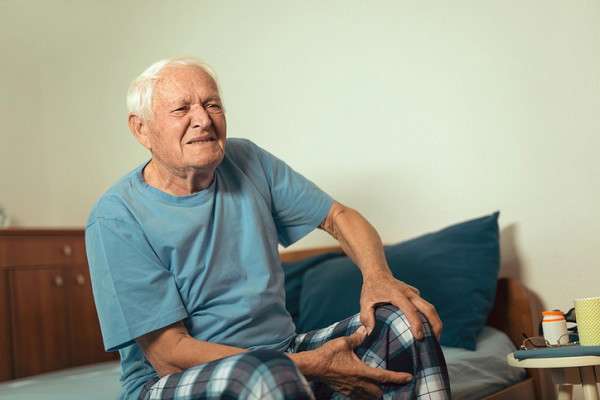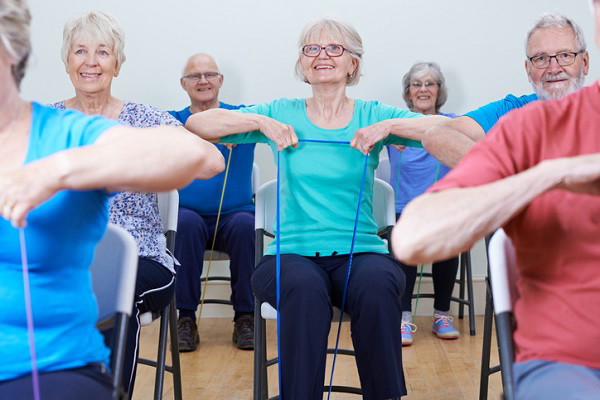
Maintaining a certain level of physical fitness is about much more than hitting a healthy weight. A lack of physical exertion can cause all sorts of harm to the body, weakening muscles, slowing down blood flow and triggering malnutrition. Health care assistants (HCAs) work closely with many clients who suffer from limited mobility.
Almost all bodily systems are impacted by a lack of regular movement, and mental health can also suffer. However, there are lots of good habits that patients can learn with the help of their HCA to keep active, and they don’t even have to get out of their seat for some of them. Keep reading to learn more about the broad importance of adequate mobility, and some of the simple positive techniques you should know about.
Lungs Become Weaker Unless Immobility is Reduced
A lack of physical movement can inspire a domino effect by reducing the capacity of the lungs to do their job. In turn, this makes any further mobility even more difficult. Lung expansion becomes constricted unless they are asked to exert themselves, thus making it difficult to take deep breaths. Coughing also becomes a bigger challenge for patients, and puts the client in significant danger if mucus is lodged in their throat.

Secretions are also less likely to be removed from the lungs, and can eventually lead to the formation of a dangerous collection of bacteria. Students in HCA training should note that this could develop into pneumonia, a potentially fatal illness among elderly clients.
A Lack of Bodily Movement Affects Blood Flow
The heart becomes lazier through a lack of mobility, making each heartbeat decreasingly effective. This makes blood flow to every part of the body more sluggish, decreasing body temperature and reducing the ability to fight off infection. Poor circulation often leads to the pooling of blood, eventually developing into clots.
A sluggish heart is also less capable of handling physical exertion as time goes by, and inactivity could lead to low blood pressure. The best way to prevent these potential challenges is by introducing clients to a set of regular mobility exercises.
Prevent Malnutrition After Healthcare Assistant College
Gut movements are also slowed down if we don’t exert ourselves a little bit. This can cause fecal impaction in the intestines and some health problems as a result. Nutrient absorption by cells is also negatively affected, and malnutrition could quickly follow.
A simple way to guard against these problems is for healthcare assistant college graduates to make sure that clients are positioned correctly after eating to ensure proper digestion. After having a big meal, our natural instinct is to relax for a while, but sitting upright prevents the onset of heartburn and indigestion.
Simple Advice for Improving Client Mobility
There are many things that HCAs can do to encourage clients to be more physically active. For example, simple daily activities like cooking and cleaning get clients up out of their chairs, giving the heart and lungs a good workout. Often, it’s much easier to do exercise when you’re not thinking about it.
If the client is unable to regularly carry out these tasks, then there are ways to stay mobile in the comfort of a chair. Leg or arm exercises improve blood flow to the extremities and could eventually lead to them taking part in more strenuous physical activity. Through perseverance, your clients will soon feel the benefits of increased mobility.

Choose a healthcare assistant school that offers ‘on-the-job’ training.
Find out more about our 10-month program at Discovery Community College.
